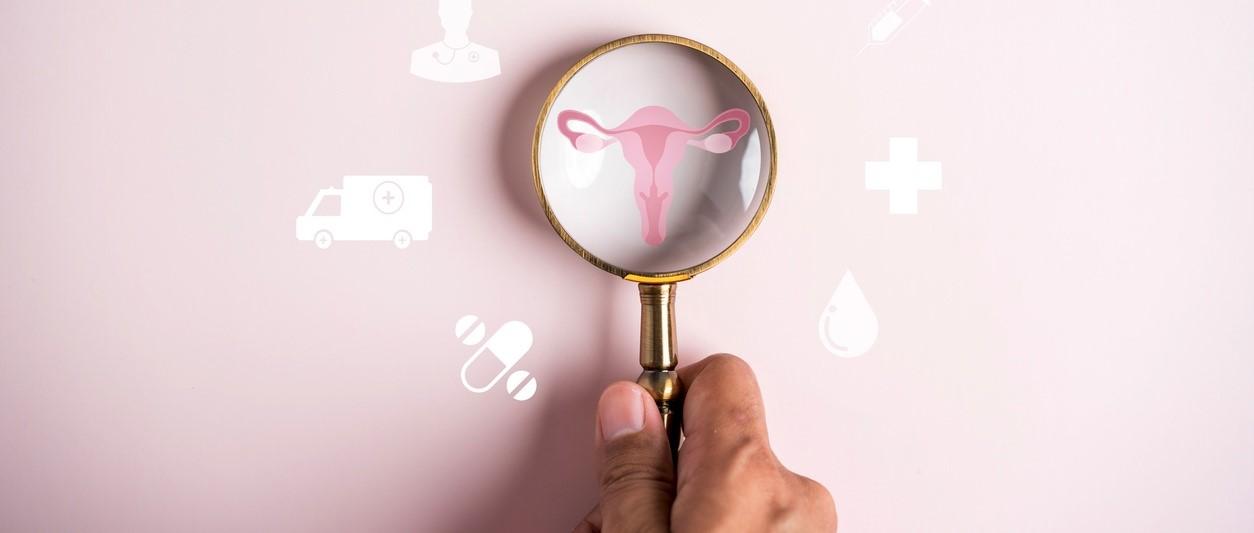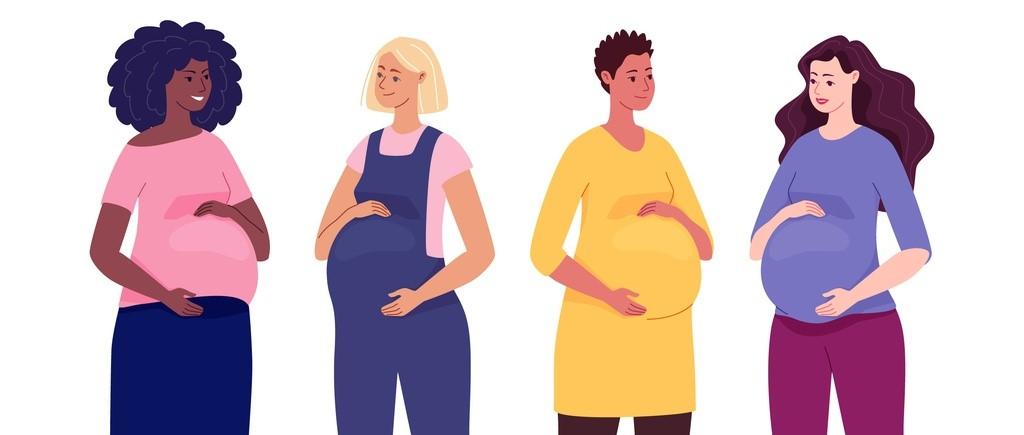
HPV and pregnancy: what to expect
Peer reviewed by Dr Krishna Vakharia, MRCGPAuthored by Amberley DavisOriginally published 2 Aug 2023
Meets Patient’s editorial guidelines
- DownloadDownload
- Share
- Language
- Discussion
There's nothing unusual about getting human papillomavirus (HPV) in pregnancy. In most cases it's harmless, but if you're pregnant, there are some possible complications to be aware of.
In this article:
Continue reading below
How does HPV affect pregnancy?
Human papillomavirus (HPV) is a common sexually transmitted infection (STI) that 85% of people will get at some point in their lives - and almost every sexually active person who doesn't get the HPV vaccine1. Most of the time, it's harmless, causes no symptoms, and clears up on its own.
Yet, 14 out of 150 HPV strains are considered high risk. With these types, you may develop genital warts and abnormal cells may form in your cervix. While these HPV cervix infections can clear up, around 1 in 10 women who have them will develop long-lasting infections that increase their chances of cervical cancer2. Although less common, high-risk HPV can also lead to other forms of cancer - and are responsible for 5% of cancers globally3.
For all women and people with a cervix, pregnant or not, attending regular cervical screening (smear) tests is the best way to detect HPV. While there's no cure, if you're pregnant when a test shows you have HPV, tell your doctor so they can monitor the infection.
HPV and pregnancy aren't an unusual mix, but you may be worried about what this means for the health of your baby. We answer your frequently asked questions.
FAQs - is HPV dangerous in pregnancy?
Can HPV cause pregnancy complications?
Recent research on HPV and pregnancy complications suggests that there might be a link. For example, HPV may increase your chances of premature birth, miscarriage, pregnancy-induced hypertensive disorders (PIHD), growth problems, and low birth weight4. This said, it's not yet fully understood just how much HPV increases these chances. Evidence is mixed and often conflicting, and there's a need for more research5.
Can I get rid of HPV while pregnant?
There's no cure for HPV or medicines you can take to treat the virus itself - but it usually clears up by itself. There are treatments to help manage genital warts if they become large enough to trouble you - these include, surgical removal, electric current treatment, and chemical freezing. However, your doctor may advise that you wait until after childbirth to treat your warts - unless there is a danger of them blocking the vagina and affecting the birth.
Can I transfer HPV to my baby?
You have a higher chance of contracting HPV in pregnancy than any other time, yet it's rare for this virus to pass to your baby. One study found that 11% of newborns also had the virus if their mother did6, and in other studies this number is lower.
What happens if I do pass HPV on to my baby?
Even if babies do get HPV, most of the time their bodies clear up the virus with no long-lasting effects. This is usually the case even if you have genital warts when you give birth. However, in rare cases, a baby might then develop genital warts in their throat. This is called respiratory papillomatosis, and it's a serious condition that requires laser surgery treatment to prevent the warts from blocking their breathing passages.
What happens to my baby if I have cervical cancer?
Even if you have an HPV strain that has caused cervical cancer, in most cases your baby can still be delivered safely. Occasionally, if the cancer is fast-growing or found at a later stage, you may require immediate treatment. Your doctor will talk you through how this could affect your baby and future fertility.
HPV and pregnancy - what to do
There is no blood test for HPV during pregnancy, but you may find out you have HPV following a routine cervical screening test. In the UK, all women and people with a cervix over 25 are encouraged to have a cervical screening every three years. By taking a swab of your cervical cells, this test first identifies if HPV is present. If it is, you'll then be swabbed for abnormal cells.
If you are pregnant and a past test has detected abnormal cells, you may need to have another cervical screening while pregnant, usually performed in weeks 13-26.
If the presence of abnormal cervical cells is confirmed - called a positive result - during your pregnancy, tell your doctor. Also let the doctor know if you have ever had any surgery on your cervix.
A positive result doesn't mean you have cervical cancer, but your chances of developing it are slightly higher. For this reason, your doctor will monitor these cells throughout your pregnancy.
In some cases, your doctor may detect cervical tissue changes. Doctors will try and postpone treatment until after you've given birth, as it can increase the chances of premature birth.
If you have genital warts in and around your vagina, the doctor will also monitor these. During pregnancy, hormonal changes can cause these to grow, multiply, or sometimes bleed.
Genital warts may be treated during pregnancy, but your doctor may recommend waiting until after childbirth, unless they are likely to make childbirth more difficult.
Continue reading below
Further reading
Centers for Disease Control and Prevention: Reasons to get HPV vaccine.
Centers for Disease Control and Prevention: Basic information about HPV and cancer.
Centers for Disease Control and Prevention: Cancers associated with human papillomavirus (HPV).
Condrat et al: Maternal HPV infection: effects on pregnancy outcome.
Patient picks for Infections

Pregnancy
Thrush in pregnancy: what you can and can't do
It's normal to experience thrush in pregnancy. This won't harm your unborn baby, but it's important to treat the infection with medicines that are safe to use while pregnant.
by Amberley Davis

Pregnancy
Bacterial vaginosis in pregnancy: What you need to know
Your body goes through a whole host of changes when you’re pregnant - and not all of them are welcome. Bacterial vaginosis, a vaginal infection caused by an imbalance of bacteria in the vagina, can be common when you’re expecting a baby1. Although it's not normally dangerous, it has been linked to pregnancy complications. So here's what you need to know about it.
by Lydia Smith
Continue reading below
Article history
The information on this page is peer reviewed by qualified clinicians.
2 Aug 2023 | Originally published
Authored by:
Amberley DavisPeer reviewed by
Dr Krishna Vakharia, MRCGP

Ask, share, connect.
Browse discussions, ask questions, and share experiences across hundreds of health topics.

Feeling unwell?
Assess your symptoms online for free
Sign up to the Patient newsletter
Your weekly dose of clear, trustworthy health advice - written to help you feel informed, confident and in control.
By subscribing you accept our Privacy Policy. You can unsubscribe at any time. We never sell your data.